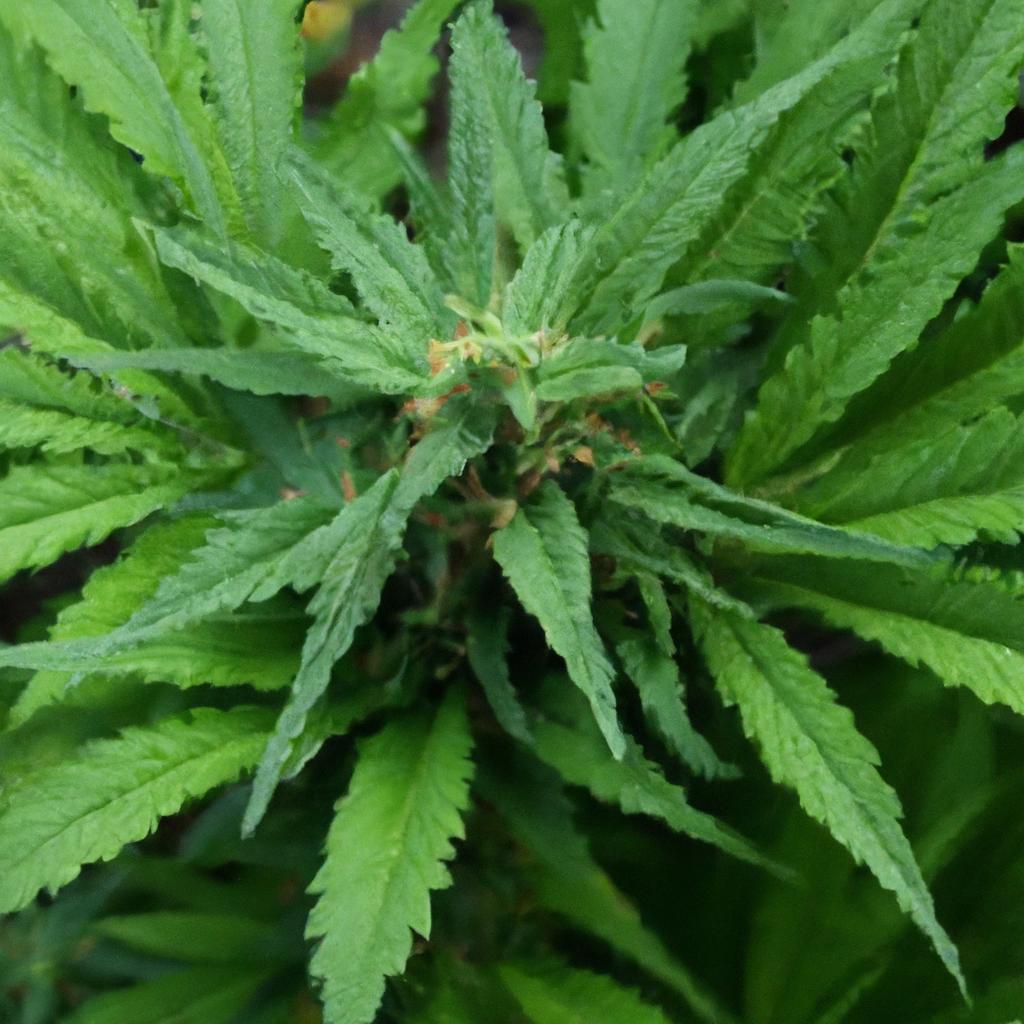Your cart is currently empty!
Organic cannabis cultivation is gaining traction, both for its environmental benefits and the promise of a purer product. Embracing organic practices means adopting natural methods and resources to cultivate cannabis, leading to healthier plants and a cleaner end product. In this guide, we’ll explore best practices for growing cannabis organically, focusing on natural fertilizers, compost, and pest control methods.
Building Healthy Soil Ecosystems
The foundation of any successful organic grow is healthy soil. Unlike traditional methods that rely heavily on synthetic fertilizers, organic growing leverages the natural ecosystem:
- Compost and Manure: Use well-decomposed compost and animal manure to enrich the soil with essential nutrients and improve its structure.
- Cover Crops: Plant cover crops such as clover or vetch to prevent soil erosion, suppress weeds, and increase soil nitrogen levels.
- Mulching: Apply a layer of organic mulch to retain moisture, regulate temperature, and promote beneficial microbial activity.
Natural Fertilizers and Nutrients
Organic growers aim to nourish plants with nutrient-rich inputs that are free from artificial chemicals.
- Fish Emulsion: A great source of nitrogen, fish emulsion supports vigorous vegetative growth.
- Bone Meal: This provides a slow-release form of phosphorus, essential during the flowering stage.
- Seaweed Extract: Rich in potassium, seaweed aids overall plant health and disease resistance.
Effective Organic Pest Control
Pest management is crucial for a healthy cannabis crop. Organic methods prioritize harmony with nature:
- Beneficial Insects: Introduce predatory insects like ladybugs and lacewings to naturally manage pest populations.
- Neem Oil: A natural insecticide that disrupts pest lifecycles without harming beneficial insects.
- Companion Planting: Plant herbs such as basil or marigold to repel insects naturally while enhancing soil health.
Benefits of Organic Cannabis
Choosing organic cultivation methods offers substantial benefits:
- Environmental Impact: Organic techniques reduce chemical runoff, enhancing local biodiversity and preventing water pollution.
- Consumer Health: Organic cannabis is free from synthetic pesticides and fertilizers, ensuring a cleaner, potentially safer product for consumers.
- Sustainability: Organic practices promote soil health and sustainability, leading to more resilient crop cycles and ecosystems.
Conclusion
The shift towards organic cannabis cultivation is not just a trend but a commitment to sustainability and quality. By adopting organic methods, growers can ensure that their plants are thriving sustainably, providing consumers with a product that is both environmentally friendly and of high quality. Embrace nature in your cultivation practices for a cleaner, greener future.
Tags: Organic, OrganicGrowing, NaturalCultivation, NaturalFertilizers, PestControl
Discover more from Magic Clones
Subscribe to get the latest posts sent to your email.


Leave a Reply